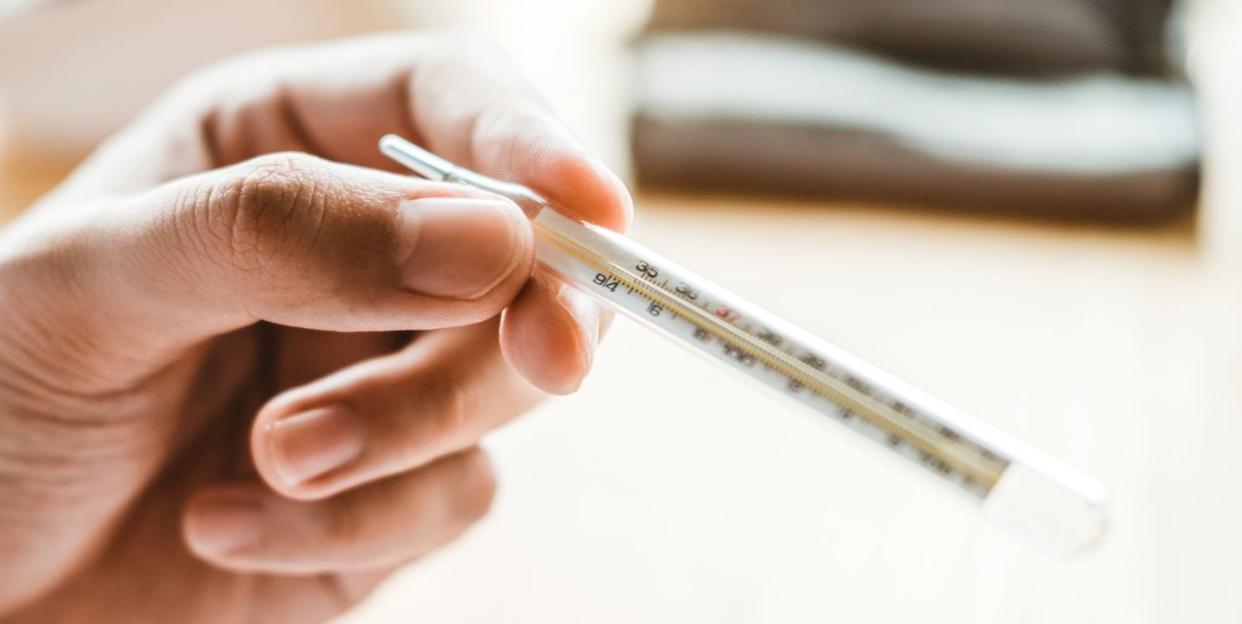Coronavirus Disease Symptoms Take About 5 Days to Show Up

Among the many answers scientists are trying to pin down about the new coronavirus that causes COVID-19 is how long it takes to incubate. In other words, how long it takes for a person who’s been exposed to this virus that’s sweeping the globe to cause symptoms—meaning respiratory issues and flu-like symptoms to fever, cough, and shortness of breath. The number of cases, subject to some debate, is estimated to be about 116,000 worldwide as of this writing.
A new study just published in the Annals of Internal Medicine calculates that the median incubation period is about 5.1 days. That means that in some people, symptoms of COVID-19 take longer to show up, in others they take less time. It found that 97.5 percent of people who develop symptoms will do so within 11.5 days of infection.
What that means, the study authors conclude, is that “the current period of active monitoring recommended by the U.S. Centers for Disease Control and Prevention (14 days) is well supported by the evidence.”
These researchers, from Johns Hopkins Bloomberg School of Public Health, the School of Public Health and Health Sciences at the University of Massachusetts, and Ludwig-Maximilians-Universität in Munich, investigated 181 confirmed cases of infection outside the original epicenter of China’s Hubei province.
Since this coronavirus is new, there’s still much to be learned about it, and the researchers allow that the incubation period for severe cases may differ from the incubation period for less severe infections. It’s hard to be certain yet, since the confirmed cases of COVID-19 in this study may overrepresent hospitalized, more severe cases. Increased testing and monitoring will likely turn up additional answers, as the proportion of mild cases that are detected grows.
For now, you know the drill: Wash your hands, monitor yourself for symptoms, know what to keep on hand, and know the facts about how it acts and what to do.
You Might Also Like

